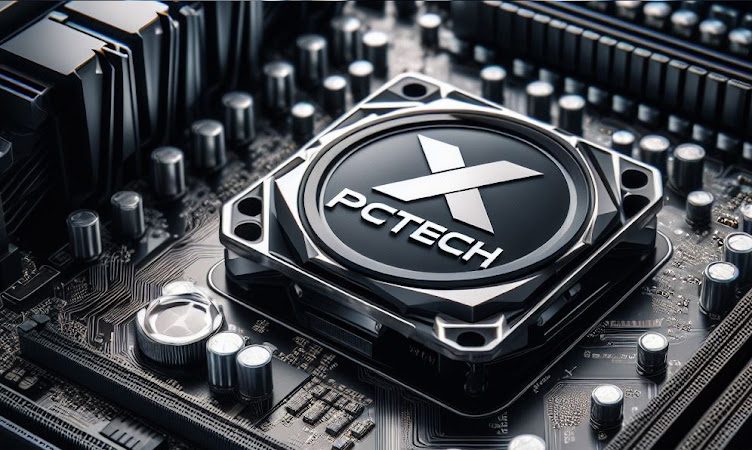ROCm 7.0: AMD's AI Powerhouse for Next-Gen Performance and Efficiency
In the fast-evolving world of AI, AMD is pushing boundaries with ROCm 7.0, a robust open-source platform tailored for generative AI, large-scale training, inference, and accelerated discovery. This release spotlights the new AMD Instinct MI350 series GPUs, delivering unprecedented computational power, energy savings, and scalability to meet the demands of enterprise AI workloads.
Empowering the MI350X Era
At the heart of ROCm 7.0 is support for the MI350X and MI355X GPUs, featuring eight Accelerator Complex Dies (XCDs) with 256 CDNA 4 Compute Units and 256 MB of Infinity Cache for low-latency memory access. These GPUs introduce novel data types like FP4, FP6, and FP8, boosting throughput while slashing energy use, ideal for tackling the inference bottlenecks in modern AI models. Backed by AMD's GPU driver 30.10.0, ROCm now runs seamlessly on OSes including Rocky Linux 9, Ubuntu 22.04.5/24.04.3, RHEL 9.4/9.6, and Oracle Linux 9, with flexible partitioning for bare-metal setups.
Software Innovations Driving AI Forward
ROCm 7.0 supercharges AI frameworks with day-one compatibility for PyTorch 2.7/2.8, TensorFlow 2.19.1, and JAX 0.6.x. Highlights include optimized Docker images for efficient deployment, new kernels like 3D BatchNorm and APEX Fused RoPE, and C++ compilation via amdclang++. For inference, vLLM and SGLang now natively handle FP4 on MI350 GPUs, enabling distributed prefill/decode for dense LLMs and MoE models.
Model optimization shines with AMD Quark's production-ready quantized models, such as OpenAI's gpt-oss-120b/20b, DeepSeek R1, Llama 3.3 70B, Llama 4 variants, and Qwen3 (up to 235B parameters). Tools like Primus streamline end-to-end training and fine-tuning on Instinct GPUs, with reinforcement learning on the horizon. Enterprise features, including AMD Resource Manager for smart scheduling and AI Workbench for Kubernetes/Slurm integration, make scaling effortless.
Performance Boosts and Ecosystem Synergy
Expect major gains from the Stream-K algorithm, which auto-balances GEMM operations for peak GPU utilization without manual tweaks. Libraries like hipBLASLt, rocBLAS, hipSPARSE, and rocSOLVER now support low-precision formats (FP8/BF8) with fused operations, accelerating AI and HPC tasks. RCCL's zero-copy transfers and FP8 precision speed up multi-GPU comms, while rocAL and RPP enhance vision pipelines with hardware decoding and FP16 support.
Partnerships amplify this: Collaborations with PyTorch, TensorFlow, JAX, OpenAI, and inference engines like vLLM ensure seamless integration. Benchmarks show impressive results for models like DeepSeek R1 (FP4) and Llama 3.3 70B (FP8), with detailed metrics available in ROCm docs.
Profiling gets smarter too—ROCProfV3 and AQL Profiler add PC-sampling and SQL exports, while ROCgdb aids debugging. HIP 7.0 adds CUDA-like APIs and zero-copy GPU-NIC transfers, powered by LLVM 20.
Looking Ahead: Innovation Without Limits
ROCm 7.0 isn't just a release; it's a foundation for future AI breakthroughs. Upcoming updates include refreshed profiler UIs, AMD Infinity Storage to tackle I/O hurdles, and expanded Primus features. As an open, enterprise-grade ecosystem, ROCm continues to democratize high-performance AI on AMD hardware.
Whether you're training massive models or deploying at scale, ROCm 7.0 equips developers with the tools for faster, greener AI. Dive in and experience the difference.
Source: https://rocm.blogs



Nenhum comentário:
Postar um comentário